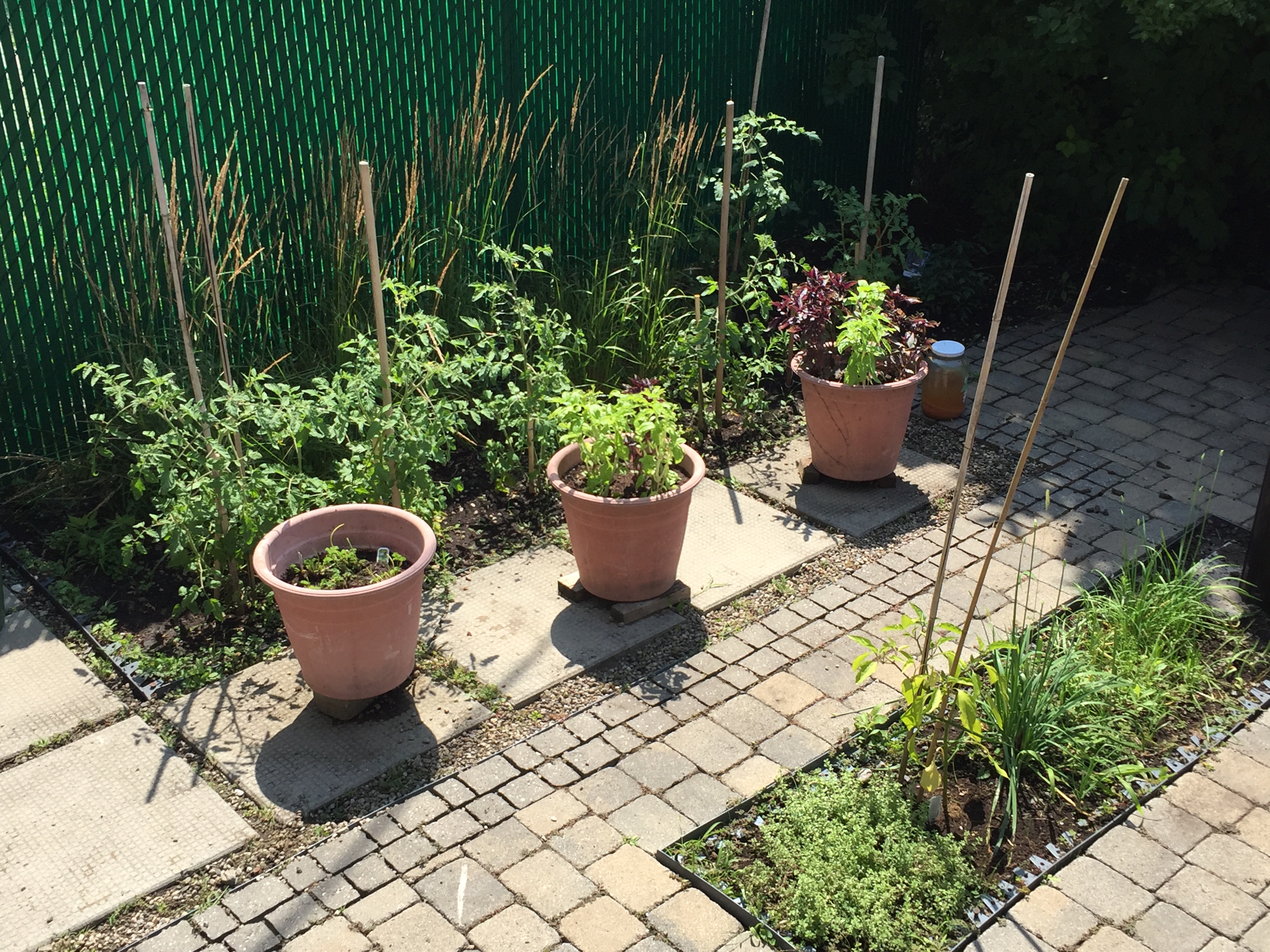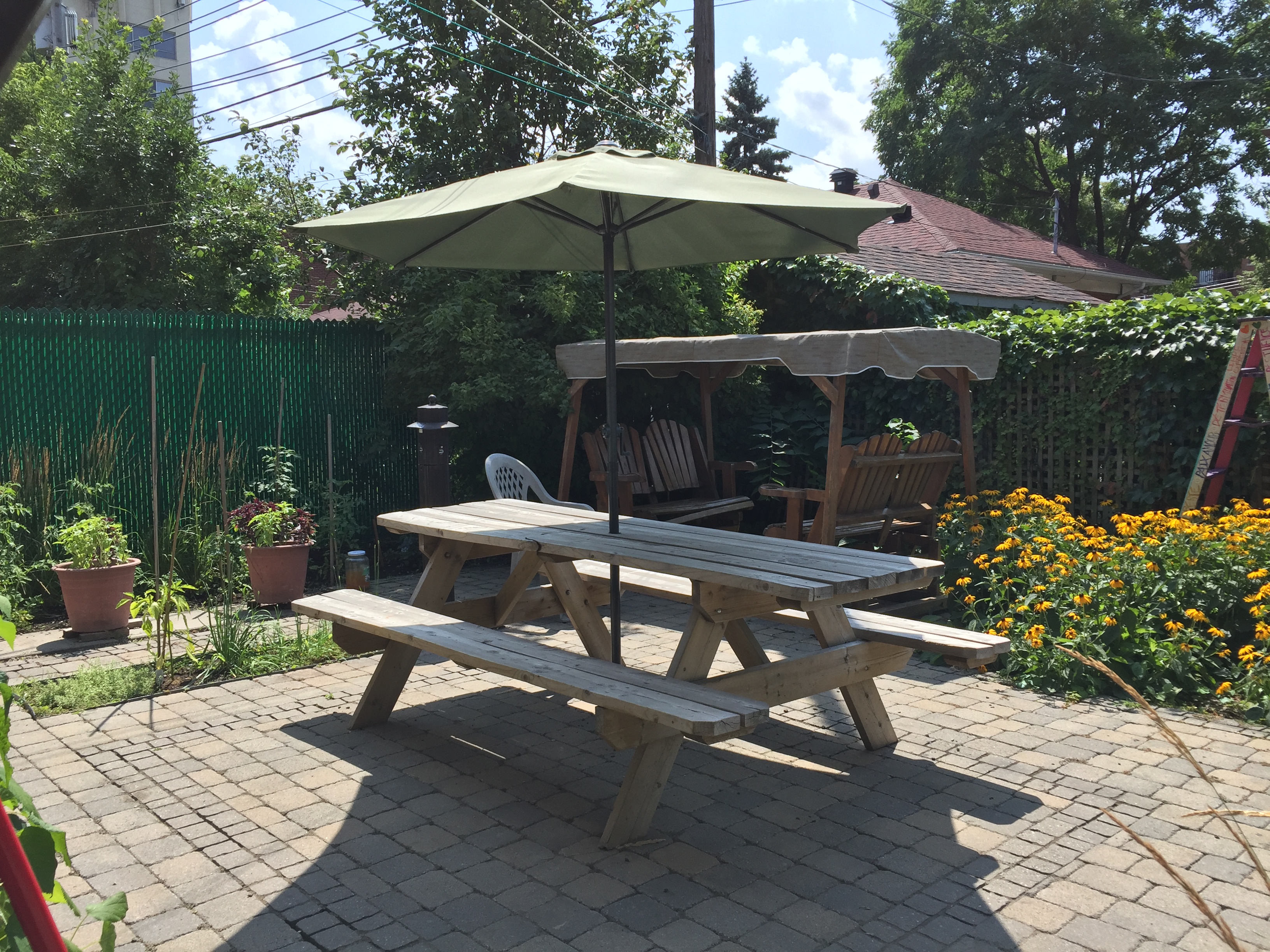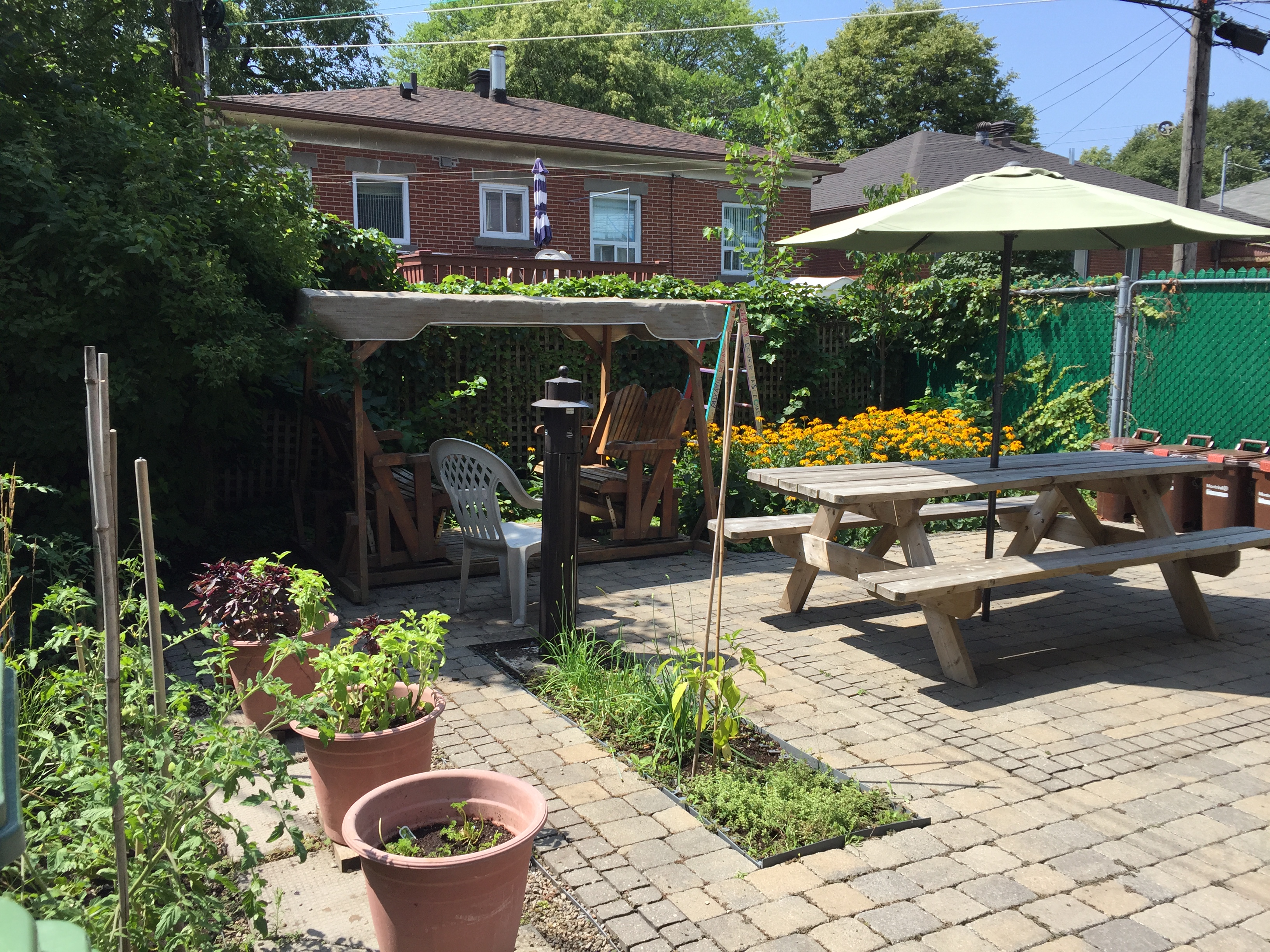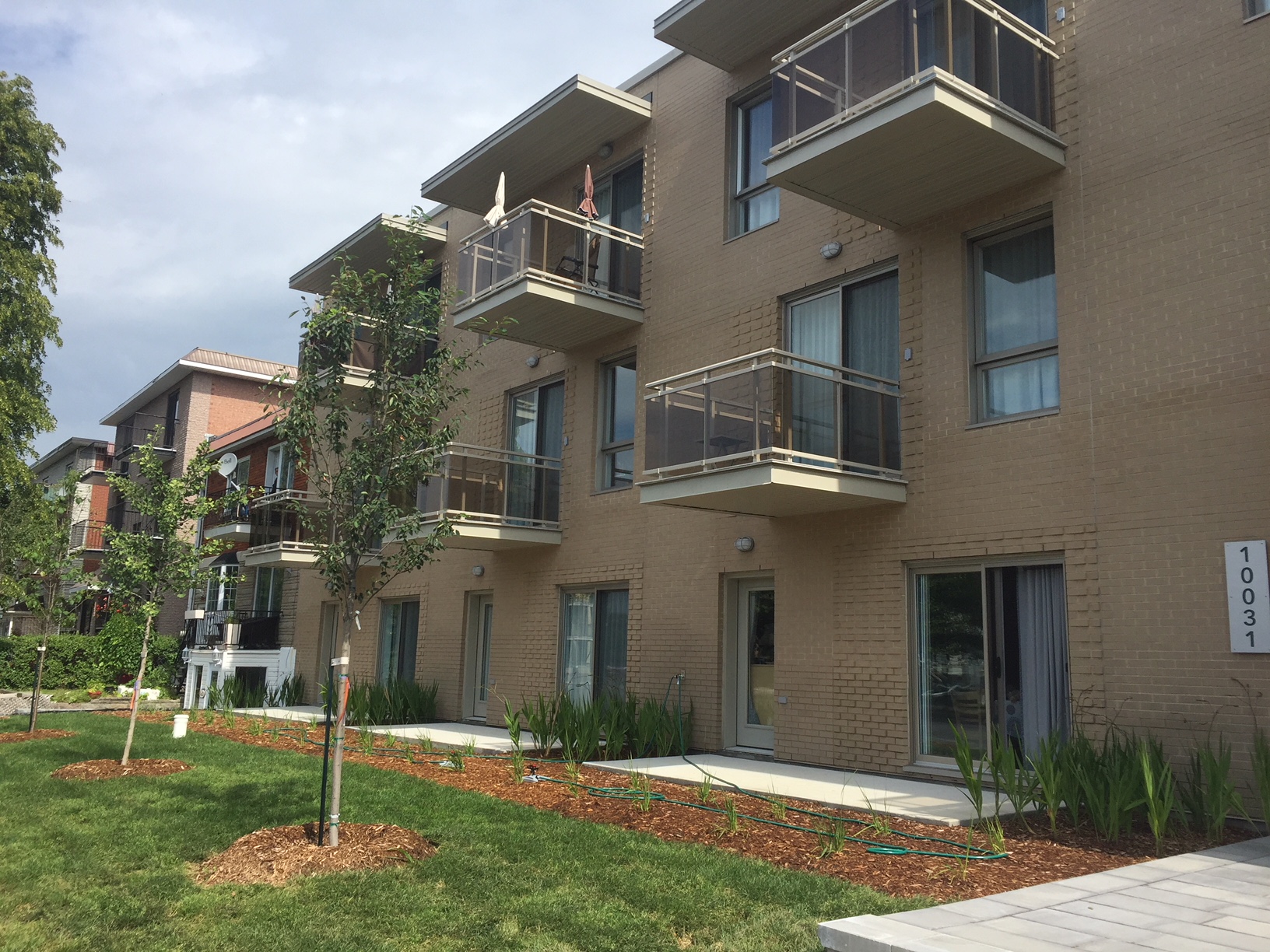MEDIUM-TERM HOUSING
Medium-term housing helps someone get out of a crisis situation, and, from a social integration perspective, go through a transition period during which they need one-on-one follow-up and support services.
EXIT NOW • DELETE HISTORY • Les Maisons de l’ancre 514 374-5573 • Habitations de l’ancre 514 750-5340 • Habitation Pelletier 514 525-3267
Helping women, trans and non-binary people carry out their life project on a daily basis over several months or even years creates a true relationship of trust and becomes an anchor point for many.
Different services and types of accommodation are offered, depending on each person’s realities and needs.
At l’Ancre, we work with people in difficulty, not with people who have a problem, a label or a diagnosis. People are so complex and each person is unique. That is why we adapt our interventions to each person we help.

Medium-term housing helps someone get out of a crisis situation, and, from a social integration perspective, go through a transition period during which they need one-on-one follow-up and support services.
Subsidized housing makes it possible to focus services on regaining control and autonomy.
On-going one-on-one follow-up service for medium-term housing or for women who have no access to our services.
Some people come to our homes in a situation of distress and need a safe and welcoming space where an intervention worker is on site 24/7.
These people are going through a crisis situation, are in transition, or are embarking on a journey with life goals and they need professional support.
The medium-term housing is made up of 9 rooms in a group home for a stay of 6 months to 2 years, and two shared rooms in a transitional apartment for two people wishing to prolong their stay by a year.



Les Maisons de l’Ancre also offer longer-term housing for women, trans and non-binary people who do not have the resources to live alone. Subsidized housing at 25% of their income makes it possible to focus the services on regaining control and autonomy. Les Maisons de l’Ancre also offer longer-term housing for women, trans and non-binary people who do not have the resources to live alone. Subsidized housing at 25% of their income makes it possible to focus the services on regaining control and autonomy.

Located in the Montréal-Nord neighbourhood, Habitations de l’Ancre offers subsidized housing in the form of 22 studio apartments for women, trans and non-binary persons in difficulty aged 40 or older. Five of these studio apartments are reserved for people with limited mobility.
Community support intervention workers are present on weekdays. They see to it that the atmosphere in the home is pleasant, lend an ear, make referrals and provide support as needed, facilitate the living environment and maintain relationships with l’Ancre’s partners.
Located in the Rosemont-La Petite-Patrie neighbourhood, Habitation Pelletier offers 26 subsidized units to women in difficulty aged 30 or older. The building is currently undergoing major renovations and will not be accessible for some time. The team of intervention workers and several residents are temporarily being housed at Habitations Jardin Claire-Fontaine.
Les Maisons de l’Ancre also offer longer-term housing for women, trans and non-binary people who do not have the resources to live alone. Subsidized housing at 25% of their income makes it possible to focus the services on regaining control and autonomy. Les Maisons de l’Ancre also offer longer-term housing for women, trans and non-binary people who do not have the resources to live alone. Subsidized housing at 25% of their income makes it possible to focus the services on regaining control and autonomy.

Located in the Montréal-Nord neighbourhood, Habitations de l’Ancre offers subsidized housing in the form of 22 studio apartments for women, trans and non-binary persons in difficulty aged 40 or older. Five of these studio apartments are reserved for people with limited mobility.
Community support intervention workers are present on weekdays. They see to it that the atmosphere in the home is pleasant, lend an ear, make referrals and provide support as needed, facilitate the living environment and maintain relationships with l’Ancre’s partners.
Located in the Rosemont-La Petite-Patrie neighbourhood, Habitation Pelletier offers 26 subsidized units to women in difficulty aged 30 or older. The building is currently undergoing major renovations and will not be accessible for some time. The team of intervention workers and several residents are temporarily being housed at Habitations Jardin Claire-Fontaine.
Whether it’s to help with every-day issues (budget, housing maintenance, healthy relationships, etc.) or support for longer term projects (escaping addictions, social reintegration, etc.), the one-on-one follow-up service ensures a certain continuity of support for people who have accessed our resource centres in terms of the support they receive to accomplish their personal goals.
This service is also offered free of charge to persons aged 18 and older who do not have access to our services, but who need one-on-one follow-up.